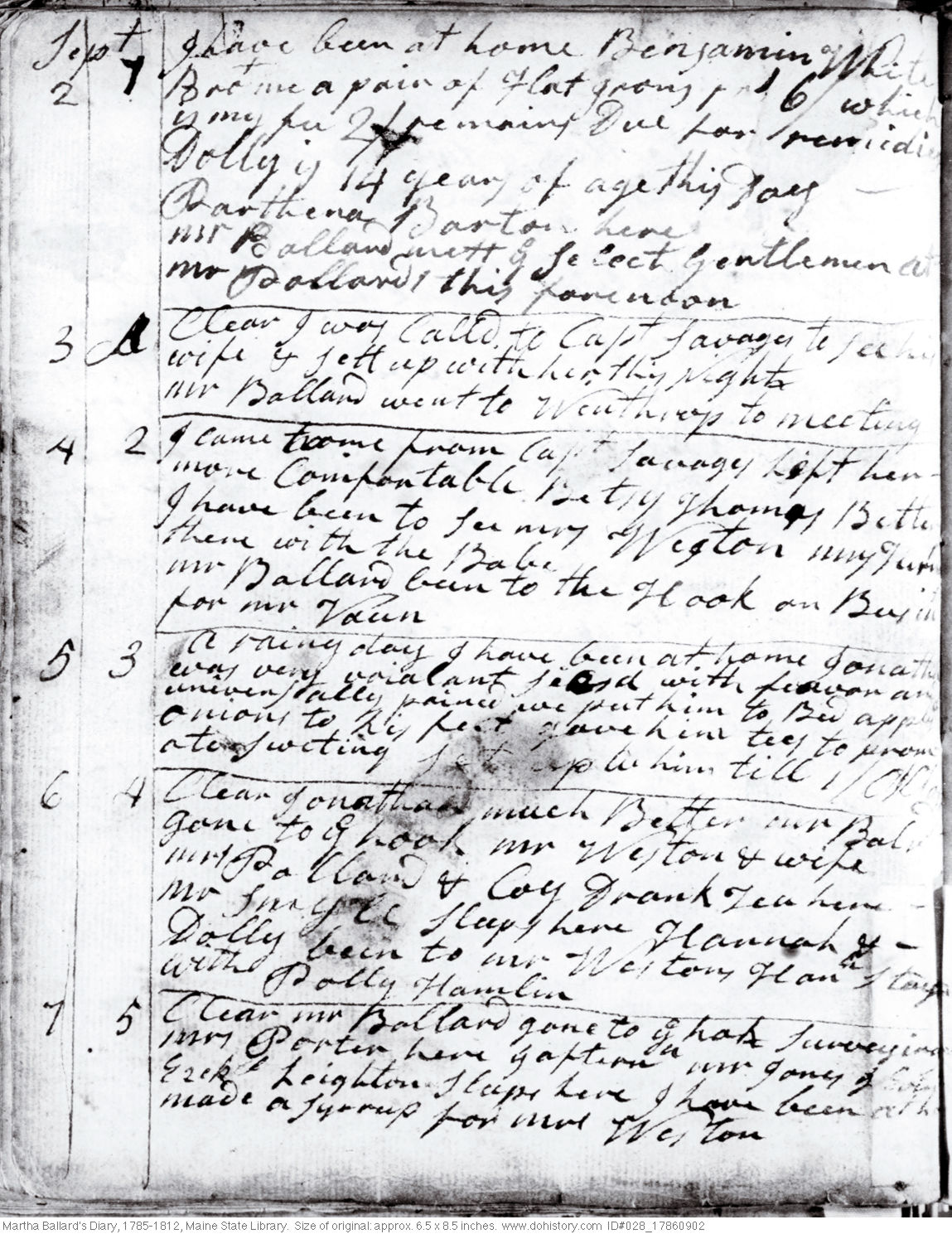Joseph Priestley (1733-1804) was an English Unitarian minister and chemist. He was both ordained a minister and married to Mary Wilkinson in 1762. Priestley was on of the founders of Unitarianism, a theology based on the belief in God as one entity, contrary to the popular belief at the time in the trinity. Learned in Latin, Greek, physics, philosophy, algebra and mathematics, Priestley is considered one of the 18th century's most outstanding experimental scientists. He is credited with discovering 9 different gases (only 3 had been previously identified), including oxygen or "dephlogisticated air" in 1774. He also invented soda water ("mephitic julep") as an attempt to prevent scurvy. His experiments in electricity earned him admission into the Royal Society in 1766. Priestley believed that writing the history of science was important because it could show how humans interact with the natural world, as well as the progress of mankind. He wrote over 150 works in his lifetime. To him, science was integral to theology. He repeatedly tried to fuse Enlightenment rationalism with Christian theism. Priestley also believed in civil and religious liberty, consistently advocating toleration and equal rights for Dissenters (since he was one). For these beliefs, Priestley was suffered persecution and hostility from his countrymen. He was often considered an atheist, despite his many writings on spirituality and religion. His house and laboratory were burnt down in 1791. He fled to Pennsylvania to find the religious freedom that was so lacking in Britain. He died in Northumberland, PA in 1804.
Unitarianism (p. 155-160)
This selection from one of Priestley's
Letters to Dr. Horsley of 1783 is the Unitarianism creed, referred to as Socinian. He begins by describing his accepting of "the Socinian hypothesis." Priestley explains that he was born a fervent Calvinist, and then later converted to Arianism before he turned to Unitarianism. He goes on to explain his belief in Christ as fully human, and how the early Christian Church must have then began with a Unitarian mindset. Priestley stresses the fact that someone cannot be expected to be converted by arguments, but by the internal reading and processing of Scripture. He defends himself against religious persecutors, saying that he has always been open to listen to new ideas, and has been willing to accept them if they make sense. Priestley mentions the persecution he has received for the publication of
The History of the Corruptions of Christianity, although he later thanks God for this opportunity to expose so many people to his beliefs. He ends positively proclaiming the benevolence of God and expressing his utmost trust in God's plan. Although he does not believe that God is inspiring him to write each word, he does believe that every action engaged in "theological controversy" is "promoting his own excellent purposes."
The Organization of Scientific Research (p. 69-73)
This excerpt, taken from Priestley's
History and Present State of Electricity (1767), describes his ideas on how to systematically conduct scientific research. Priestley believes that science has become to large of a discipline: "at present retarded...by its own weight." He suggests subdividing it into smaller, more manageable disciplines. Before this, however, Priestley wants to write one large history of science as a whole. He explains that Natural Philosophy requires more wealth than other disciplines, because "Nature will not be put out of her way" just so man can discover her secrets. As it turns out, he continues, most aristocrats are willing to become patrons, as science is what often makes their lives more comfortable and sophisticated. Priestley proclaims that the sciences are what advances man above barbarianism and brutality; not only do they make it easier for man to live longer, but improves mankinds's very nature. The study of nature allows man to understand better, and therefore, in Priestley's mind, allows his to take more joy in the happenings of the world.
Discussion Questions - Priestley ends his
Organization of Scientific Research by saying that by further examining nature, even the bad things in life could be understood to be working towards a greater good. Do you think that is true? Do we perceive evil and pain simply because we are ignorant?
-Priestley believes that science is inevitably linked to religion. The more you know about science, the more you know about God and His plan for us. Thoughts?
- Why would Priestley's belief in Unitarianism be so controversial at the time? Why was he so persecuted for his beliefs?






